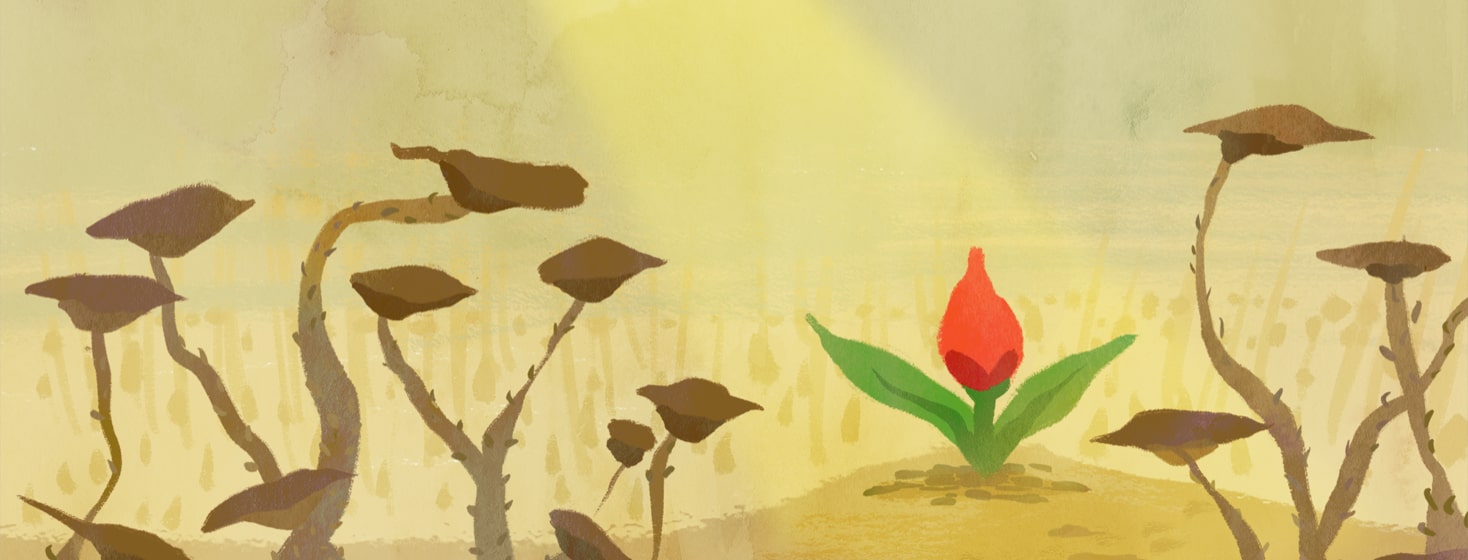How Life During the Pandemic Changed My Relationship With Sickle Cell
I always knew that there was a lack of care and support via the NHS for sickle cell sufferers.
Paying for my own medication
This became even more obvious to me once I reached 18. I was notified by my general practitioner (GP) that as a sickle cell sufferer, I would now have to pay for my own medication, which was around £9 per item at the time. I no longer qualify for free medication since I am now considered an adult in the system, even though sickle cell is a genetically inherited severe condition that could potentially kill me.
Frustrations with healthcare access
This has always triggered me and made me angry. It has made me feel like the NHS and the government, even whilst knowing the severity and potential causes of sickle cell, don’t really value the lives of sickle cell sufferers enough.
There are times when I haven’t been able to afford my medication so have had to go months on end without them. The pandemic really heightened this for me and really brought this issue to the forefront of my mind, making it more apparent and problematic than ever before. So I couldn’t just sit back. I had to do something and take action/ matters into my own hands.
Making a difference
I also started a cash-app donation pot so I could afford to buy my medication as I had lost my job and couldn’t work due to being ill. Out of support, acknowledgement, and admiration for my passion and dedication to the cause, a lot of my family, my friends, and fellow artists donated. This really helped me to get back on my feet in regards to my health.
It's important to be there for yourself
Since health was a hot topic during the pandemic, everything I was posting really took off, and a lot of new people started reaching out to me. This was a blessing in itself but also a curse at certain points as I felt really overwhelmed.
It almost felt like I had the weight of the world on my shoulders, which can be a very common feeling when you are advocating for a whole community of people. You have to be careful of and very much aware of, as you have to make sure that at all times you are also there for yourself as much as you are for others. You can’t show up and advocate for others if you’re not in a good or healthy position yourself, which is something which I eventually learned.
Taking control and ownership of my well-being
Lock-down has also made me realize the importance of being on top of my health. It has also forced me to take more control and ownership over my personal well-being and physical and mental health. I got into researching better approaches on how to deal with my sickle cell, got into practicing and instilling acts of self-care into my day-to-day schedule, and also made a switch from prescribed drugs to more holistic medicines and approaches. I came to the realization that if I don’t take control of my health, who will?
In a way, I'm glad I went through this experience. Even though I had to go through the dark in order to reach the light, which was very daunting and also very challenging at times, I also feel like it has enabled me to now live a better quality of life, as I continue to grow and live with sickle cell, I am learning to accept, better understand and live with my condition more seamlessly each day.

Join the conversation